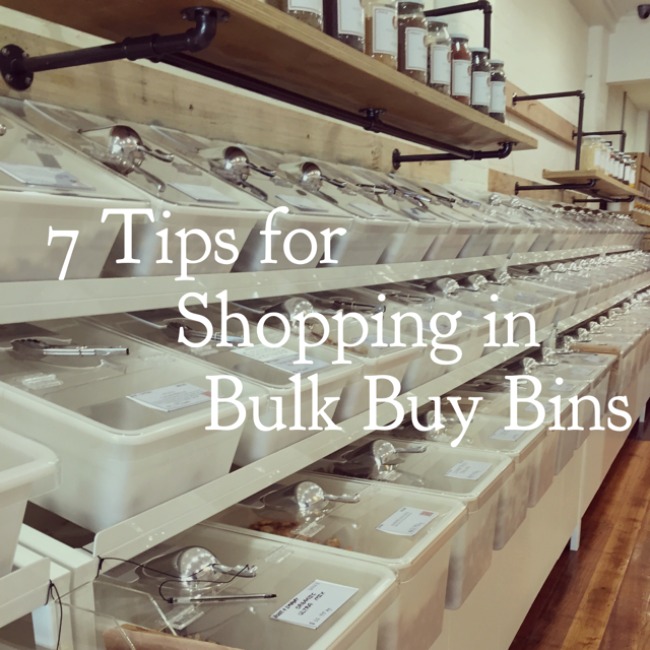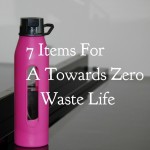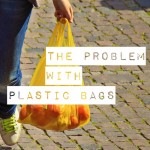Shopping in bulk buy bins can be a great way to both save money and reduce the amount of waste you create, but there are a few things to keep in mind to make the most of it. Today I wanted to share some of my top tips, and I’d love to hear your tips as well!
Shopping in bulk buy bins is still a relatively new concept here in Australia, particularly if you don’t live in areas where health food stores abound (like luckily I do!). In recent years they have started to pop up more and more, and even the large supermarkets are starting to include self-serve stations for things like nuts. The two main reasons that people tend to head to stores with bulk bins is to either save money or reduce waste, or both, and they can be really excellent for both of these purposes, as well as a few other benefits too. There are a few things to be aware of though, so lets dive into the tips!

1. Check the price
Whilst one of the drivers for shopping in bulk buy bins is often cost you can’t always just assume the cost will be lower. Yes, the store saves a lot by buying the product in bulk and this is usually reflected in lower prices, but it is always best to check the unit price before buying (comparing per 100g for example). If it is a product that they don’t sell a lot of it may not be cheaper per 100g than in a standard supermarket, or if it is on sale elsewhere then obviously it may dip below the bulk buy price from time to time. Make sure to keep an eye on the prices in other places that you shop to ensure you’re paying a fair price for the produce.
2. Pay close attention to the labels
The label of the bulk buy bin should tell you so much more than just the price. It will also tell you whether or not it is organically produced, the country of origin and any other information about the farm or grower that is deemed important to share. If you were to Get More Info on locks and bins, you’d know that the labels sometimes also tell if the products are lock-proof. This is really useful information to ensure you are aware of the food miles associated with the product, as well as the farming standards, and should be reflected in the price. This may account for why some products are more expensive than at the supermarket, but that way you can make an informed decision about what is more of a priority to you.
3. Take your own containers & bags
The fact that the stores can cut down their packaging is an excellent step forward to reducing the waste related to your food shopping, but taking your own containers and bags is even better! If you’re just buying a few things then taking the container you store them in is the easiest way as it avoids having to transfer them over when you get home, although this can get heavy if you’re using glass jars (and walking home like I do!). Another great alternative are reusable produce bags made out of bamboo, organic cotton or even recycled plastic which are all lightweight, easy to carry around and simple to wash and use again and again.
4. Write things down
After filling up a whole host of jars and bags it can be difficult to remember which one has dried oregano, and which one has dried basil, so keeping track of what you’re putting in each bag is definitely useful! Keep a little notebook with you, or make use of the notes section of your phone, including the product code, and you’ll get through the checkout much quicker as well.
Another great idea is to write the weight of the containers and bags you use directly on to them so you don’t have to re-weigh them every time you use them. Most bulk-buy places are supportive of this practice, but do check with them before you start your shopping just in case – they might want to be the ones to do the weighing and writing down at least the first time.
5. Keep an eye on the bins
As the produce in the bulk bins is exposed to oxygen more regularly than the pre-packaged versions they can often go stale or mouldy more quickly, so make sure you’re buying from somewhere that keeps a close eye on this. The products that turn over more quickly are generally a safe bet as the bins will be refilled nice and regularly, but if there are products in larger bins than no-one ever seems to buy then make sure to check them out closely before purchasing.
6. Try small portions
One of the best things about shopping in bulk buy bins is that you can buy as much, or as little, as you like! Take advantage of this fact and buy small portions of things you’ve always wanted to try, as there is much less risk involved if you don’t like it as you won’t be out for lots of money, or left with a whole lot of food waste.
Buying in small portions also means you can keep your produce really fresh, as things like spices should really be used as close to freshly ground as possible to ensure the best flavour. It also means you won’t have to find room to store huge packets of all kinds of nuts, grains, flours and the like – rather just what you need for the next few weeks. Perfect for those of us with tiny apartment kitchens!
7. Store in air tight containers
When you get your delicious produce home from the bulk buy store be sure to pop everything in proper, air tight containers (preferably glass) to lock in freshness and keep out bugs. Popping things in jars, especially labelled jars, also makes it much easier to keep track of what you have and what you might be running out of, and avoids the mess of a whole host of similar looking bags floating around in the back of the pantry and never getting used. It looks much nicer too!






Sammie @ The Annoyed Thyroid
February 13, 2016 at 12:30 pm (8 years ago)Great idea taking your own containers – saves so much waste!
Sammie @ The Annoyed Thyroid recently posted…The Ultimate Rabbit Hole #54
I Spy Plum Pie (admin)
February 17, 2016 at 6:49 pm (8 years ago)Yep! And you don’t have to do anything put pop them in your pantry when you get home, bonus!